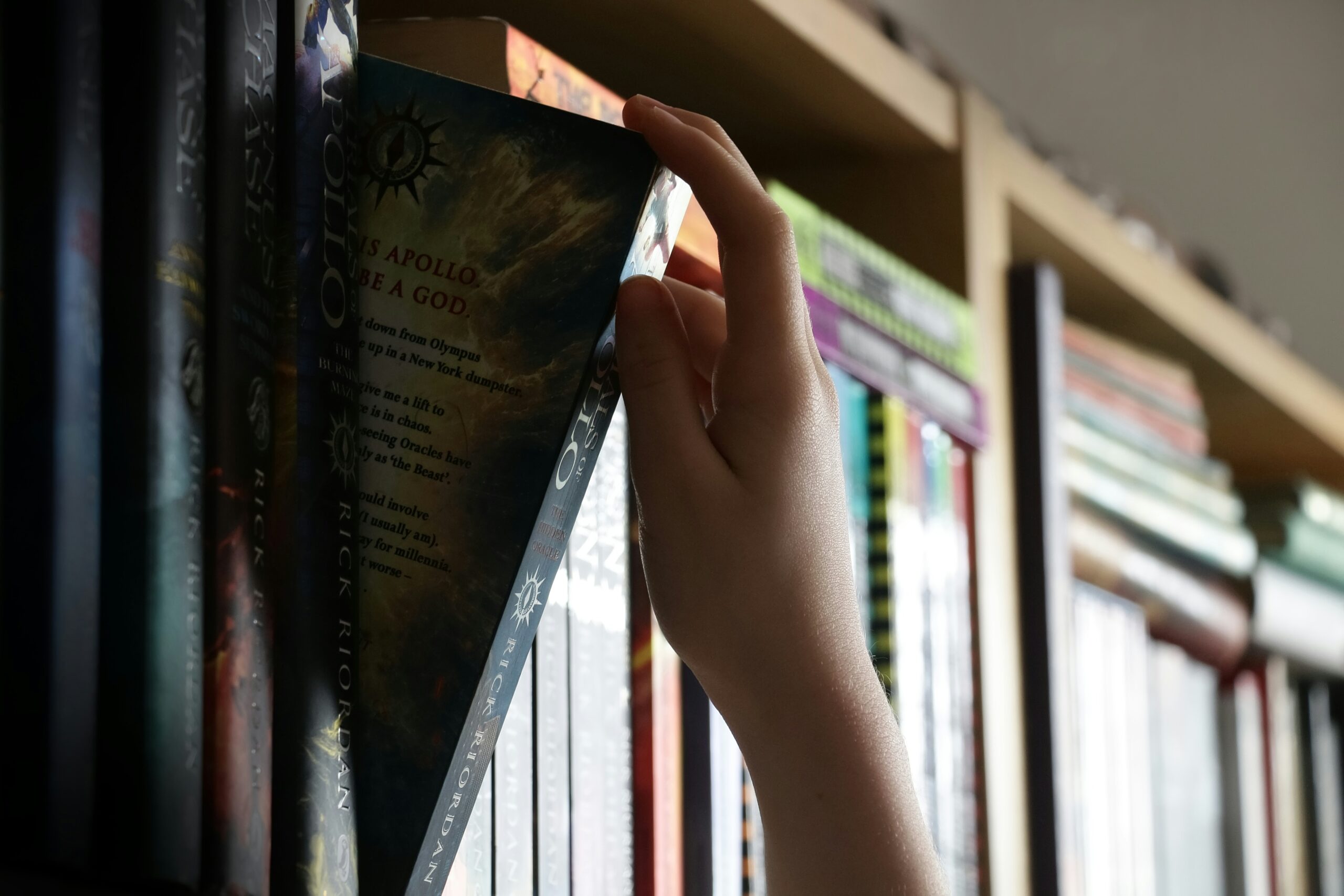
Word count 324 –3 Minute Read
Last week, we looked atthe thirst for knowledge by Embracing a Learning Mindset and Lifelong learning and adaptability. Today, we consider the Power of Curiosity and Building a Learning Culture.
The Power of Curiosity
Curiosity is the engine that drives the thirst for knowledge. It compels individuals to dig deeper, ask questions, and seek new perspectives. In strategic thinking, curiosity leads to a more comprehensive understanding of the environment in which an organization operates. It encourages exploration beyond the surface level, uncovering insights that may not be immediately apparent.
Curiosity also fosters creativity and innovation. By continually seeking out new information and experiences, strategic thinkers can connect seemingly unrelated dots, leading to novel solutions and strategies. This creative problem-solving is crucial for navigating the complexities and uncertainties of the modern business landscape.
Building a Knowledge-Rich Culture
For organizations, fostering a culture that values knowledge and learning is vital to promoting strategic thinking at all levels. This culture involves creating an environment where continuous learning is encouraged and supported. Providing access to educational resources, offering professional development opportunities, and encouraging collaboration and knowledge sharing can all contribute to a culture of learning.
Leaders play a crucial role in setting the tone for this culture. By modeling a thirst for knowledge and a commitment to learning, they inspire their teams to follow suit. When everyone in an organization is engaged in continuous learning, the collective capacity for strategic thinking is greatly enhanced.
Coda
Strategic thinking requires more than analytical skills and business acumen; it demands a deep thirst for knowledge and a commitment to continuous learning. By embracing a learning mindset, cultivating curiosity, and committing to lifelong learning, strategic thinkers can navigate the complexities of the modern world and position their organizations for enduring success. In an era of rapid change, pursuing knowledge is not just an advantage but a necessity for strategic leadership.